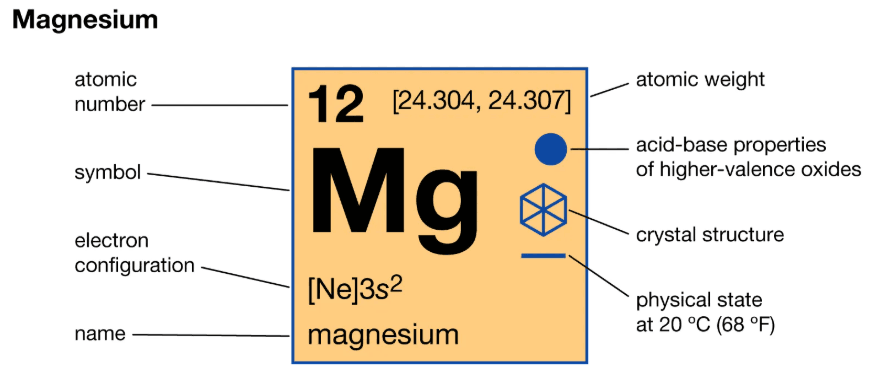How much do you know about Magnesium?

Magnesium is one of the most essential yet often overlooked minerals in the body. It plays a role in muscle function, nerve signaling, metabolism, energy production, and even mood. When magnesium levels fall, everything from muscle relaxation to sleep quality can be affected, and many people experience symptoms like cramps, twitching, fatigue, headaches, anxiety, or heart palpitations without realizing magnesium may be involved.
One of the main reasons magnesium deficiency feels so noticeable is because of its close relationship with calcium. These two minerals work together to keep your muscles and nerves balanced: calcium causes muscles to contract, while magnesium allows them to relax. When magnesium is low, calcium becomes “unchecked,” leading to heightened nerve activity, muscle tightness, spasms, palpitations, and an overall sense that the body is overstimulated. This imbalance explains why people with low magnesium often describe feeling tense, wired, or restless.
High calcium intake can also worsen magnesium deficiency. When someone consumes a lot of calcium especially from supplements and without getting enough magnesium, it can create a mineral imbalance that contributes to muscle tension, constipation, headaches, poor sleep, or even heart rhythm disturbances. Magnesium is required to keep calcium where it belongs primarily in the bones and teeth. Low magnesium also makes it harder for the body to activate vitamin D, which means calcium absorption becomes less efficient, potentially affecting bone health and energy levels.
Supporting healthy magnesium levels starts with nutrition. Leafy greens, nuts, seeds, whole grains, legumes, and foods like spinach, almonds, pumpkin seeds, black beans, and even dark chocolate are excellent sources. Hydration also matters, as magnesium is an important electrolyte, and stress management is essential because chronic stress increases magnesium loss. Some people benefit from magnesium supplements such as magnesium glycinate or citrate, but calcium supplements should be taken carefully and only when needed to avoid worsening an imbalance.
Magnesium keeps the body calm, steady, and electrically balanced, while calcium keeps the muscles and nerves ready to act. When these minerals fall out of sync especially when calcium is high and magnesium is low, your body responds with clear signals. Maintaining proper magnesium levels isn’t just about one nutrient; it’s about supporting the delicate balance between magnesium and calcium so your body can function smoothly from your muscles to your mind.